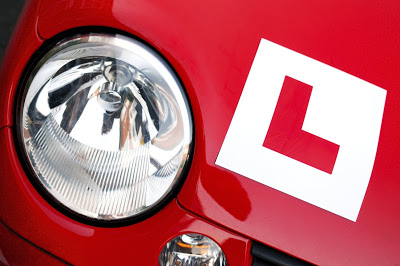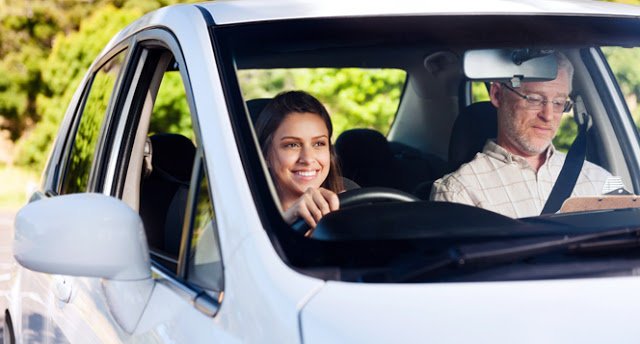Teaching your teenager how to drive doesn’t have to be a terrifying experience. The family motor could be a beat-up old Nissan Micra or a stunning new BMW 5 Series, it doesn’t make a jot of difference. If you approach the subject of ‘learning how to drive’ with a calm and clear head and lots of patience, it could be enjoyable for everyone involved. However, if you approach the subject as if you are walking up to a hungry tiger while wearing a suit made of meat, you are going to have a hard time.
Taking a step back and letting your teenager make the right (or wrong) decisions in life can be pretty hard, but when it comes to driving, you do have some measure of control when helping them to learn. Stay enthusiastic and make sure to keep the atmosphere light, as a nervous driver is more likely to make mistakes.
It is not essential for you to take your son or daughter out for a few lessons, but it can be a valid learning and bonding experience for the both of you. If you’re stuck on ideas, why not take a look at a few top tips for helping your teenager as they learn how to drive?
Don’t try to Walk before you can Crawl
If your son or daughter is nervous about learning to drive, or if they like to take driving one step at a time, don’t rush them. As they become more familiar with the driving checks, with changing gear, with signalling etc. they will naturally get quicker at them. Don’t try to push them ahead if you think they are not ‘learning fast enough’. Everyone learns at their own pace, so what is too slow for you may be a reasonable speed for others.
On a similar topic, try not to give your Learner too many hazards or obstacles to tackle all at once. If you know they are approaching a difficult junction, steer them away until you are sure they are ready to tackle it. Most people like a challenge, but driving on the road with a lot of other motorists is not the best time to give your teenager a challenge for them to pass or fail at. Stick to a carpark if you want to try a few more difficult manoeuvres out, or take them to a more secluded area so that you will not be a danger to other drivers.
Try not to Compare Apples with Oranges
If your son or daughter has any older siblings who have learned to drive before them, comparing their abilities to that of their siblings is only going to make them nervous. Some people thrive on healthy competition, but in general, younger siblings don’t like being held up against their siblings and compared, particularly if they are not doing very well.
The only real exception to this rule is if you recount a comedic or ridiculous incident. Your teenager is having a bad drive because they’ve hit the kerb during a turn in the road? Talk about the time Uncle Larry hit the kerb and nearly rolled his jeep. They’re upset because they clipped the wall when parking? Not to worry, Grandma once hit a tree in the middle of an empty car park at Tesco! It is important to remind your teenager that everyone was a Learner at some point in their lives, and everyone has had to experience failure. They will get there in the end, as everyone does.
If You’re Stressed, Take a Break
Sometimes you can power through the ‘brick wall’ of stress to finish an Essay, or to conduct a five-minute PowerPoint presentation you had to whip up that morning. Sometimes it is better to sit down and take a break for ten minutes before trying again.
Learning to drive often falls into the latter category. Stressed and nervous Learners are more likely to make silly mistakes, or to become distracted on their past failures, which can make it hard for them to concentrate on the road ahead. Finding a quiet road in which to park for just ten minutes shouldn’t be too hard and it can really help if you also want to have a chat about what they might be finding difficult.

On the flipside, if you find yourself getting stressed or irritated with your Learner, you should also take a break. Teaching – in any capacity – only works if both parties are able to fully concentrate on the task ahead. Take a moment to remember that your teenager is not likely to be as quick on the uptake as you are; everything is still relatively new to them. Just take it slow and take a break whenever you feel the need and there should be fewer incidents for you to get upset about. Learning to drive should be a fun and exciting experience, not a stressful one!
Written by Sara Bryant, working together with Simply Driving Lessons.



